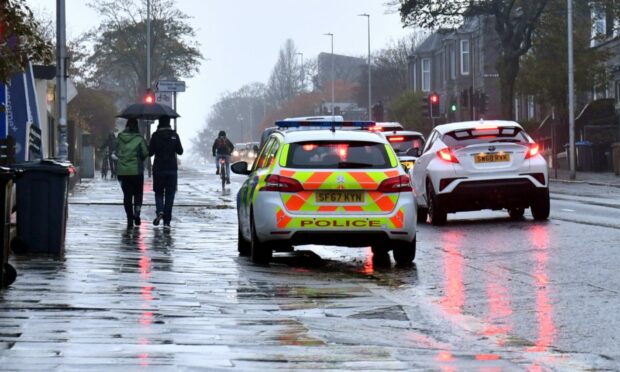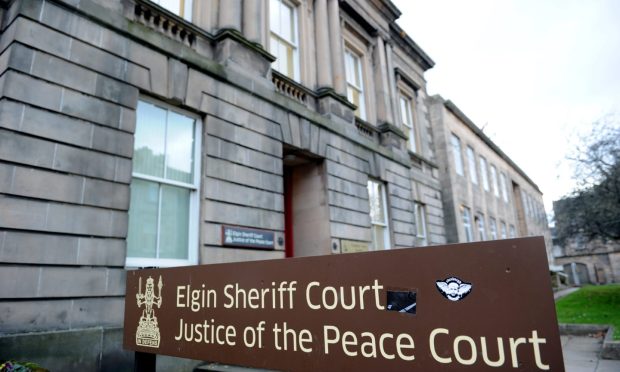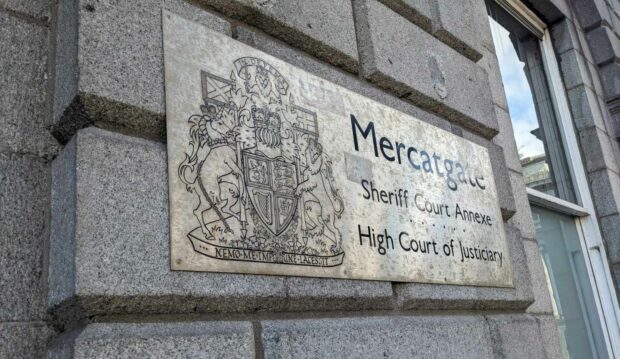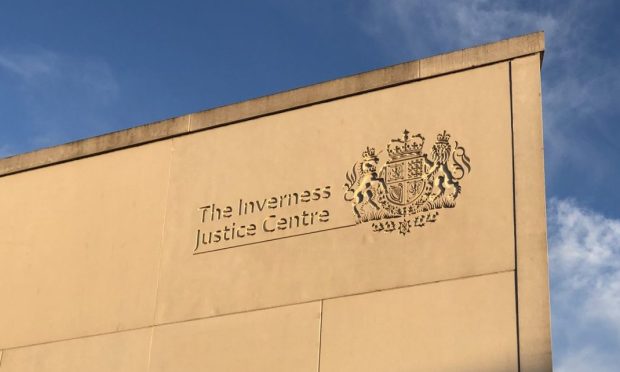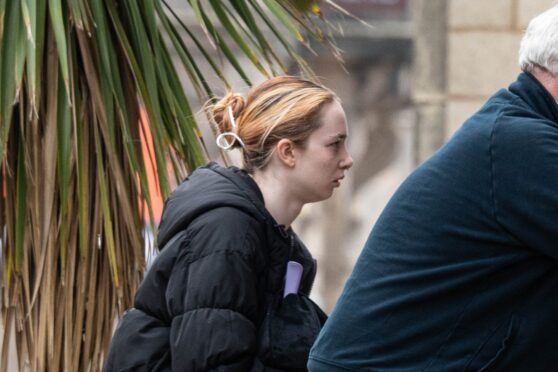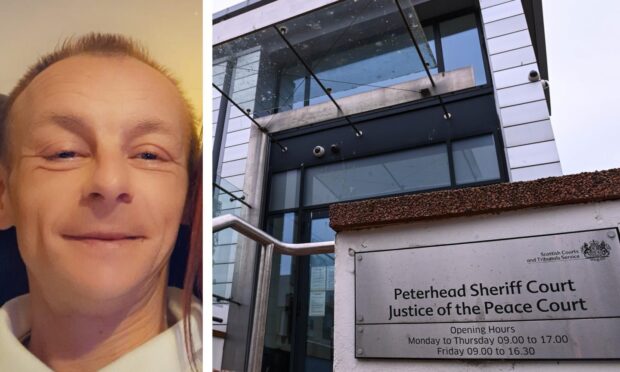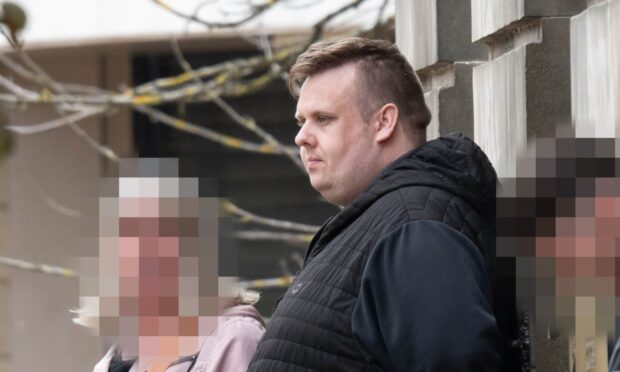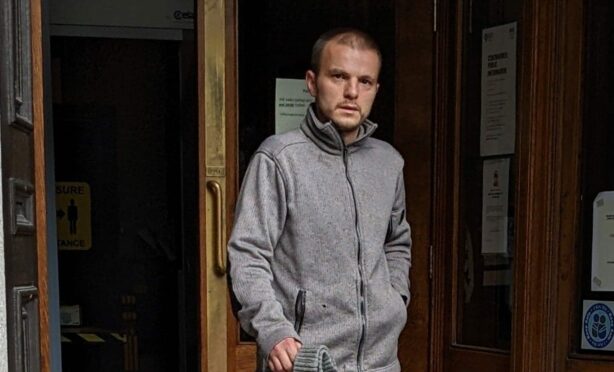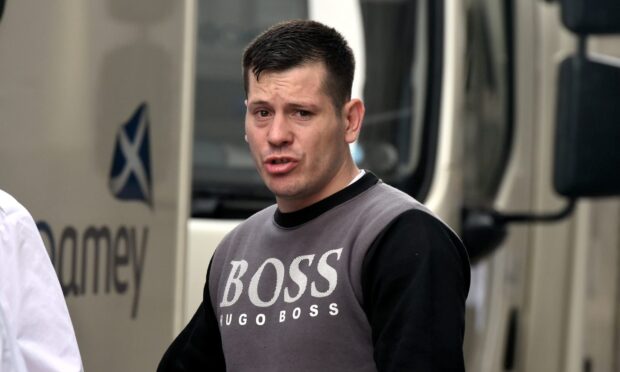An army bomb squad officer today told a terrorism trial how one of the substances found at an Aberdeen man’s flat was “quite a powerful explosive”.
Captain Stefan Hurst was giving evidence at the trial of Richard Smith, who is accused of a number of crimes under the Terrorism Acts of 2000 and 2006, as well as other offences.
The jury at the High Court in Edinburgh was told King Street was closed to traffic and a number of nearby properties were evacuated as bomb disposal experts examined substances found inside Smith’s home.
Captain Hurst – a Royal Engineers officer – said he and his colleagues travelled from their base in Edinburgh on November 2 2019 having been contacted by Police Scotland earlier in the day.
The court heard how police constables had gone to 29-year-old Smith’s property after his uncle contacted them because he was concerned about the accused’s whereabouts.
Captain Hurst told prosecutor Liam Ewing QC that he assessed chemicals and substances which had been discovered by officers.
Captain Hurst said he had “concerns” about the chemicals, given the quantities involved and where they had been kept in the property.
One substance that was found was called Armstrong’s Mix, he said.
When Mr Ewing asked him what Armstrong’s Mix was, Captain Hurst replied: “It can be quite a powerful explosive. We would describe it as being relatively sensitive.”
The items found at Smith’s home were sent to be checked out at the Forensic Explosives Laboratory in Porton Down.
The court also heard how earlier on November 2, Pc Kyle McNelis and a colleague met Smith’s uncle at a supermarket car park.
Pc McNelis told Mr Ewing that the uncle had contacted them because he had “concerns” for his nephew.
A jar marked ‘danger’
Pc McNelis said he and his colleague went to Smith’s flat on King Street.
He told the jury he searched the fridge in the kitchen for perishables like milk in order to determine if anybody had been there recently.
Pc McNelis said he didn’t see anything like that in the fridge but there was a bottle labelled “corrosive substance”.
The address was “pretty untidy” and there were “electrical components” scattered around, he added.
Pc McNeilis said when he returned to his police station, he wasn’t sure about what he had seen but reported it to his sergeant.
He added: “It’s better to be safe than sorry.”
Pc Jesse Rodgers told the court that he was then sent to the flat and recorded what he had seen on a ‘body cam’ camera.
He said he had seen a bottle marked ‘hydrogen peroxide’.
Jurors were shown footage from the ‘body cam’ video, including shots of a jar marked ‘danger’ and another container marked ‘iodine’.
Accused denies all the charges
Graham Hay, a commander in the Scottish Fire and Rescue Service, told the court that he and colleagues were sent to King Street shortly afterwards.
Mr Hay said that the service liaised with the police and the army’s explosive ordinance disposal unit at the scene.
He said the services were at King Street “well into the following week” and the scene was treated as a “slow-speed incident”.
It’s also alleged he collected a ‘record of information of a kind likely to be useful to a person committing or preparing an act of terrorism’.
Smith has pleaded not guilty to all charges.
The trial, before judge Lord Mulholland, continues.
For all the latest court cases in Aberdeen and the latest crime and breaking incidents, join our Facebook group.
